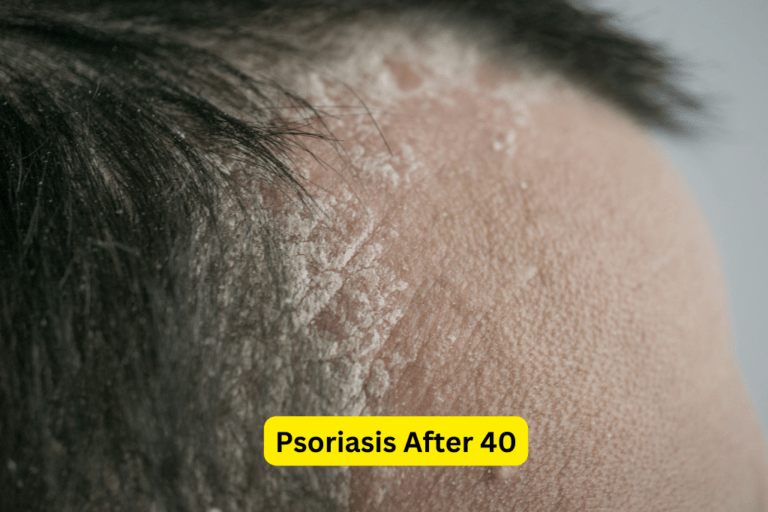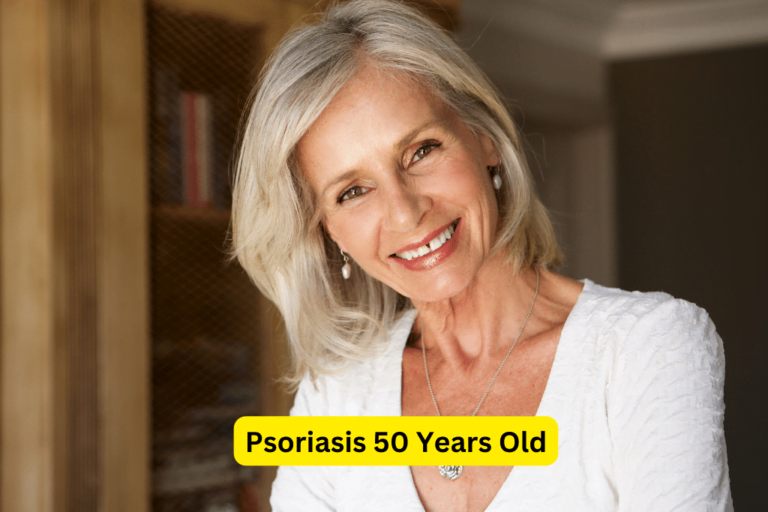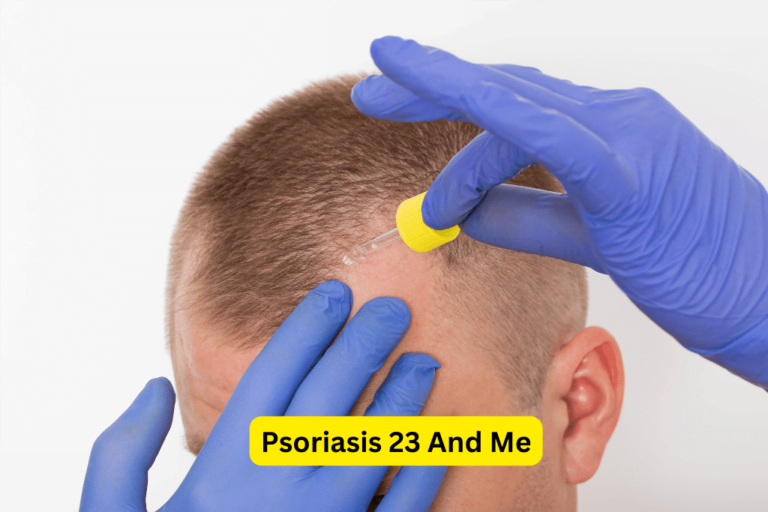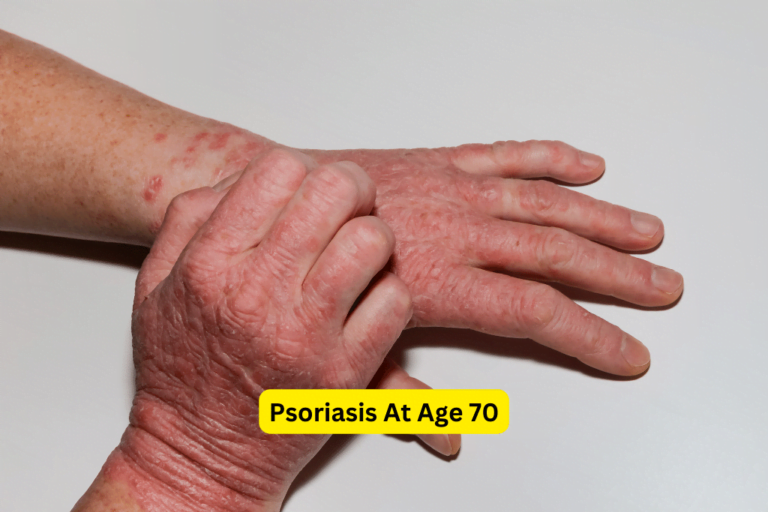Effective Natural Remedies for Soothing Psoriasis in 3-Year-Olds
Psoriasis 3 Year Old
Psoriasis is a chronic skin condition that affects both children and adults. While it is more commonly seen in adults, it can also occur in young children, including 3-year-olds. It is important for parents and caregivers to understand this condition, its causes, symptoms, and treatment options, in order to provide effective care and relief for their child’s skin.
In this article, we will explore the causes and triggers of psoriasis in 3-year-olds, discuss its symptoms, and provide information on how it can be diagnosed and managed. We will also delve into the various treatment options available for this condition and offer tips for providing emotional support to children with psoriasis. Additionally, we will address common concerns and misconceptions surrounding psoriasis in 3-year-olds in the FAQ section.
What is Psoriasis?
Psoriasis is a chronic autoimmune disease that primarily affects the skin. It causes the skin cells to multiply at an abnormally fast rate, leading to the formation of thick, red, and scaly patches on the skin’s surface. These patches can be itchy, painful, and highly visible.
There are several types of psoriasis that can occur in children. The most common types include plaque psoriasis, guttate psoriasis, and inverse psoriasis. Plaque psoriasis is characterized by raised, inflamed patches covered with silver-white scales. Guttate psoriasis appears as small, red dots or spots on the skin. Inverse psoriasis typically affects areas where skin folds or creases, causing smooth, red patches.
Psoriasis in 3-Year-Olds: Causes and Triggers
Psoriasis is believed to have a genetic component, meaning that a family history of the condition can increase the likelihood of a child developing psoriasis. However, genetic predisposition alone does not guarantee the development of psoriasis; environmental factors also play a role.
Environmental factors that may trigger psoriasis include viral or bacterial infections, stress, certain medications, and changes in weather. These triggers can activate the immune system, causing an inflammatory response that leads to psoriasis flare-ups.
In 3-year-olds, common triggers for psoriasis include respiratory or streptococcal infections, skin injuries or trauma, and emotional stress. It is important to be aware of these triggers and take steps to minimize their impact on the child’s condition.
Symptoms of Psoriasis in 3-Year-Olds
The symptoms of psoriasis in 3-year-olds are similar to those seen in older children and adults. Physical symptoms may include red, raised patches of skin with scales, itching, and skin dryness. These patches can appear on any part of the body, including the scalp, face, elbows, knees, and genital area.
Psoriasis can also have an emotional impact on children. Young children with psoriasis may feel self-conscious or embarrassed about their skin condition, especially if they notice that their appearance is different from their peers. It is important to provide emotional support and foster a positive body image for children with psoriasis.
It is worth noting that psoriasis can sometimes be mistaken for other skin conditions, such as eczema or fungal infections. If you suspect that your child may have psoriasis, it is important to consult a healthcare professional for an accurate diagnosis.
Diagnosing Psoriasis in 3-Year-Olds
Diagnosing psoriasis in 3-year-olds involves a medical evaluation and examination of the child’s skin. A healthcare professional will examine the affected areas and consider the child’s symptoms, medical history, and family history of psoriasis.
In some cases, a skin biopsy may be performed to confirm the diagnosis. During a skin biopsy, a small sample of skin is taken and examined under a microscope. This can help to rule out other skin conditions and provide a definitive diagnosis of psoriasis.
Early detection of psoriasis is crucial for prompt treatment and management. If you suspect that your 3-year-old may have psoriasis, it is important to consult a healthcare professional as soon as possible.
Treatment Options for Psoriasis in 3-Year-Olds
Treatment for psoriasis in 3-year-olds typically focuses on relieving symptoms, reducing inflammation, and preventing flare-ups. The choice of treatment will depend on the severity of the condition and the child’s individual needs.
Topical treatments, such as creams, ointments, and lotions, are commonly used to soothe the skin and reduce inflammation. These may contain ingredients like corticosteroids, coal tar, salicylic acid, or moisturizing agents. It is important to consult with a healthcare professional before using any topical treatments on a child.
Phototherapy, which involves exposing the skin to carefully controlled amounts of natural or artificial light, can also be an effective treatment option for psoriasis in young children. However, it is important to consider the potential risks and side effects of phototherapy and consult with a dermatologist or pediatrician.
In severe cases of psoriasis that do not respond to other treatments, systemic treatments may be considered. These may include oral medications or biologic drugs, which work by targeting specific parts of the immune system to reduce inflammation. These treatments are usually prescribed under the guidance of a dermatologist or pediatrician.
Research in the field of psoriasis treatment is ongoing, and there are emerging therapies that show promise in managing the condition. It’s important to stay informed about the latest advancements in treatment options and consult with healthcare professionals to determine the best course of action for your child.
Managing Psoriasis at Home
In addition to medical treatments, there are several steps you can take at home to manage psoriasis in 3-year-olds and provide relief for your child’s skin.
Creating a skin care routine for your child is important. Use gentle cleansers and moisturizers specially formulated for sensitive skin to help soothe the affected areas. Avoid harsh soaps or products that may irritate the skin further.
When bathing your child, use lukewarm water instead of hot water, as hot water can strip the skin of its natural oils and worsen dryness. Consider adding colloidal oatmeal or bath oils to the bathwater to help soothe and moisturize the skin.
Avoiding triggers that may worsen the child’s psoriasis is key. This may include managing stress levels, keeping the skin well moisturized, and maintaining a healthy lifestyle with a balanced diet, regular exercise, and adequate sleep.
Be mindful of the clothing your child wears, as certain fabrics or tight clothing may cause irritation or discomfort. Opt for loose-fitting, breathable clothing made from natural fibers like cotton.
Providing Emotional Support for 3-Year-Olds with Psoriasis
Psoriasis can have a significant impact on a child’s self-esteem and overall well-being. It is important to provide emotional support and help them develop a positive body image.
Open and honest communication is key. Explain to your child, in an age-appropriate manner, that psoriasis is a common skin condition and reassure them that it is not something to be ashamed of. Answer any questions they may have and encourage them to communicate their feelings and concerns.
Educate family members, teachers, and friends about psoriasis to promote understanding and empathy. Encourage loved ones to be supportive and avoid making hurtful or insensitive comments about your child’s condition.
Consider involving your child in support groups or communities where they can connect with other children with psoriasis. This can provide a sense of belonging and support from peers who understand their experiences.
Tips for Coping as a Parent
Caring for a child with psoriasis can be challenging, both emotionally and logistically. Here are some tips to help you cope as a parent:
Seek support from healthcare professionals, such as dermatologists and pediatricians, who can provide guidance and answer any questions or concerns you may have. They can also recommend additional resources or support networks.
Connect with other parents who have children with psoriasis. Online communities, support groups, or local organizations can provide a valuable support system where you can share experiences, exchange tips, and find understanding.
Remember to prioritize self-care and take breaks when needed. It’s important to look after your own well-being, both physically and emotionally, in order to provide the best care for your child.
Advocate for your child’s well-being. Stay informed about their condition, treatment options, and their rights. Be proactive in ensuring that they receive appropriate care, support, and accommodations when necessary.
Frequently Asked Questions (FAQs) about Psoriasis in 3-Year-Olds
1. Can psoriasis in 3-year-olds be completely cured?
Psoriasis is a chronic condition, meaning that it cannot be completely cured. However, with appropriate treatment and management, symptoms can be controlled and minimized.
2. Can psoriasis in 3-year-olds spread to other parts of the body?
Psoriasis can spread to other areas of the body, including the scalp, face, elbows, knees, and genital area. It is important to monitor your child’s skin and seek medical advice if you notice any changes or new symptoms.
3. Are there any natural remedies that can help soothe psoriasis in 3-year-olds?
While there is no cure-all natural remedy for psoriasis, some natural remedies may help soothe the skin and reduce inflammation. These may include applying aloe vera gel, taking oatmeal baths, or using coconut oil as a moisturizer. However, it is important to consult with a healthcare professional before trying any natural remedies on a child.
4. Can psoriasis in 3-year-olds affect their overall health?
Psoriasis primarily affects the skin, but it can also have systemic effects on a child’s overall health. Children with psoriasis may be at a higher risk of developing other health conditions, such as cardiovascular disease or psoriatic arthritis. Regular check-ups with healthcare professionals are important to monitor and manage any potential health risks.
Conclusion
Psoriasis in 3-year-olds is a complex condition that requires a comprehensive approach for effective management. By understanding the causes, symptoms, and treatment options available, parents and caregivers can provide the necessary care and support to alleviate their child’s discomfort and boost their confidence. Seeking early diagnosis, following a suitable treatment plan, and providing emotional support can greatly enhance the well-being of children living with psoriasis.
Remember to consult with a healthcare professional to determine the most appropriate treatment options for your child’s specific condition.
"Have You Seen Mike Walden's new holistic acne System yet? It's called "Acne No More" I've read the whole thing (all 223 pages) and there's some great information in there about how to naturally and permanently eliminate your acne without drugs, creams or any kind of gimmicks. I highly recommend it - it's very honest and straightforward without all the hype and b.s. you see all over the net these days. Here's the website where you can get more information:
Click Here -->AcneNoMore









